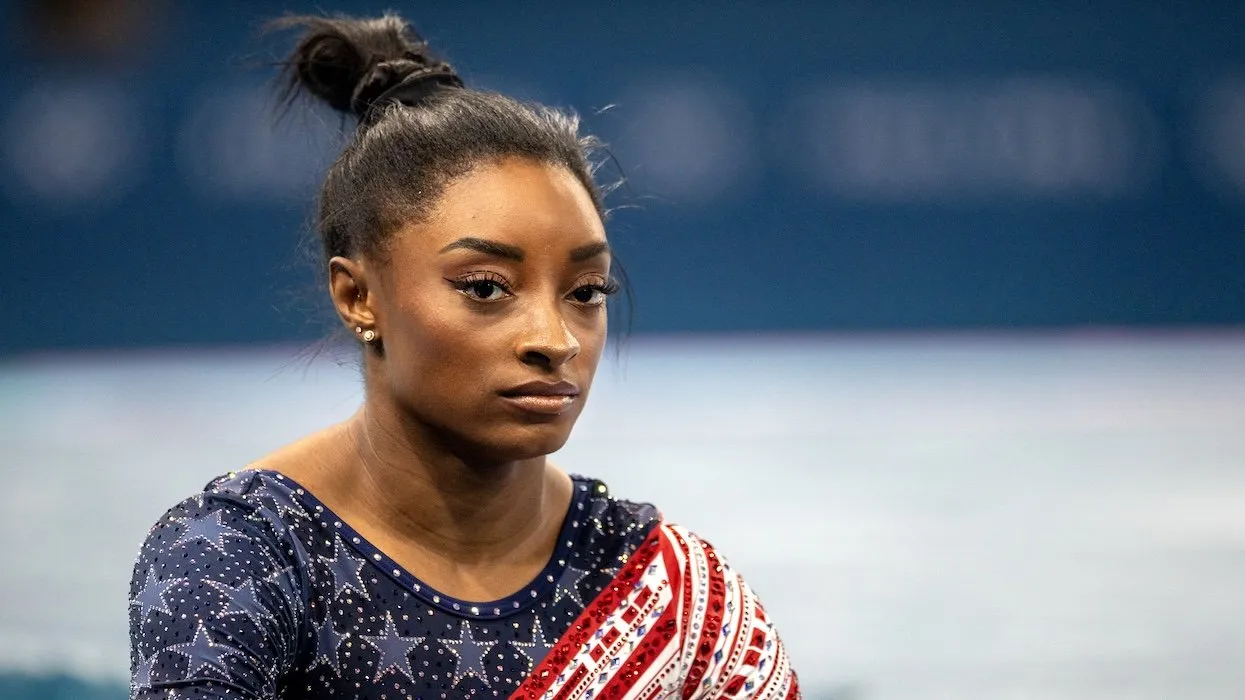A heated social media clash between Olympic gymnastics legend Simone Biles and former NCAA swimmer Riley Gaines has ignited national debate over transgender inclusion in women’s sports.
The controversy began after a high school softball team’s celebratory post gained traction online. Gaines—who has become a prominent voice advocating for single-sex competition since tying with transgender swimmer Lia Thomas in 2022—reposted the photo with a controversial comment:
“Comments off lol. To be expected when your star player is a boy.”
The remark, widely interpreted as a jab at a transgender athlete on the team, drew immediate outrage. Among those who responded was Simone Biles, who didn’t hold back:
“You’re truly sick… Straight up sore loser.”
Biles, known for her advocacy for mental health, inclusion, and equity in athletics, accused Gaines of bullying and called her comments harmful. She also floated the idea of a third competition category to support inclusion without compromising fairness—though that suggestion itself stirred further debate.
Gaines, in turn, accused Biles of abandoning women and engaging in personal attacks. She called Biles’ response hypocritical and accused her of ignoring legitimate concerns about fairness and safety in women’s sports.
As the exchange went viral, it drew sharp lines across social media platforms. Critics of Biles said her tone was overly aggressive and unbefitting a role model, while her supporters praised her for defending marginalized athletes and using her platform to speak out.
Meanwhile, Gaines’ supporters echoed her concerns about biological advantages in women’s competitions, calling for clearer regulations and protections for female athletes.
This isn’t the first time the two worlds—elite sports and gender politics—have collided, but the high-profile clash between two prominent athletes has amplified the conversation. It reflects a broader cultural divide over gender identity, fairness in competition, and how society defines inclusion.
Whether one sees the clash as principled advocacy or public hostility, it’s clear the lines are being drawn—and athletes like Biles and Gaines are at the heart of this evolving and deeply emotional conversation.
